Cloud Recording for Security Cameras: The Ultimate Guide
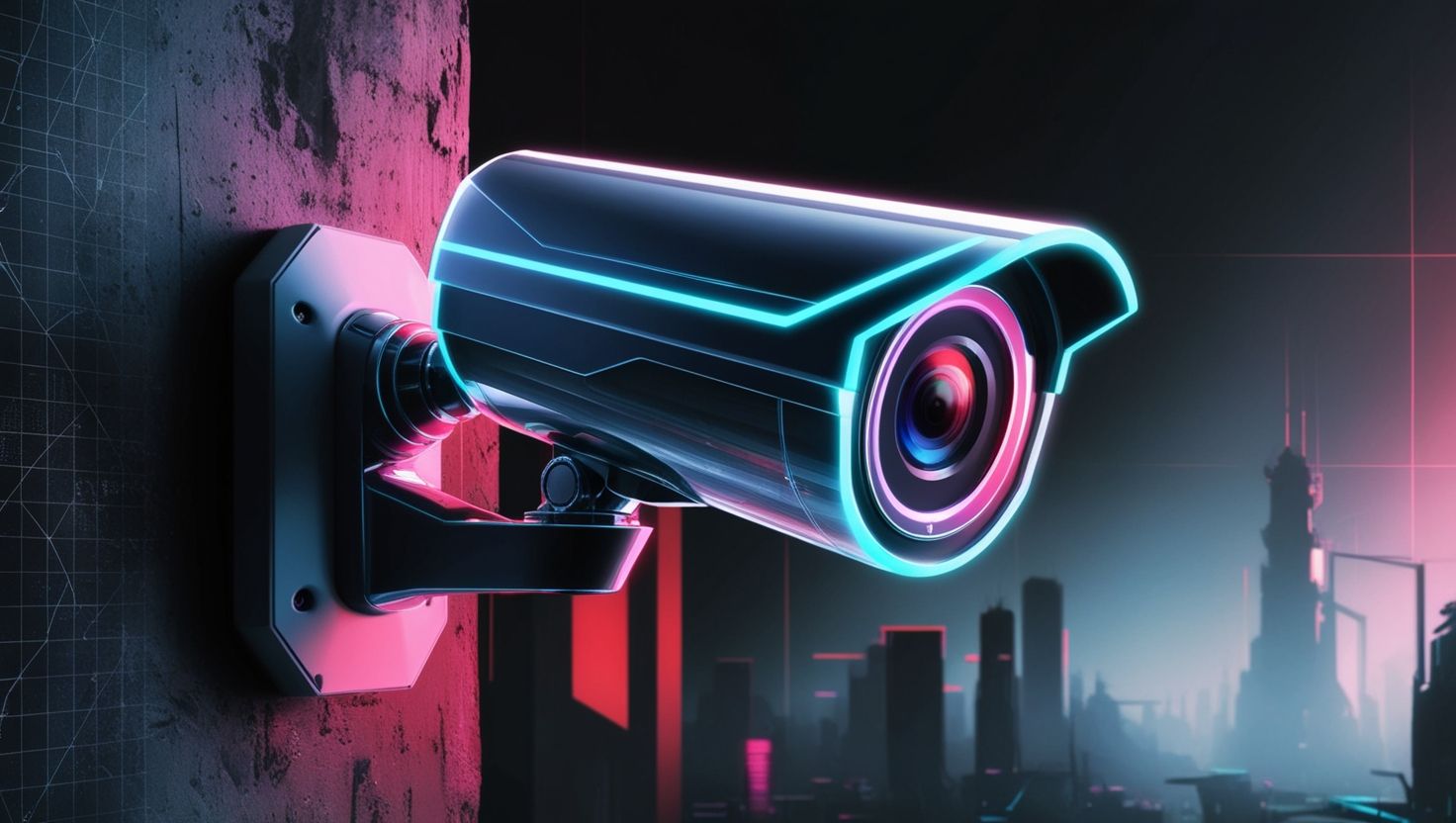
Security cameras are an essential part of protecting homes, businesses, and public spaces. As technology evolves, the question of how and where to store surveillance footage becomes increasingly relevant. One option gaining widespread adoption is recording security camera streams on the cloud.
In this blog post, we’ll explore why cloud-based storage is a smart choice for security camera footage, its benefits, and potential challenges to consider.

What is Cloud Recording?
Cloud recording involves storing security camera footage on remote servers rather than local devices like DVRs or NVRs. By leveraging the cloud, users gain access to powerful features like remote monitoring, scalability, and robust security.
Let’s explore the advantages and disadvantages of this approach to determine how it fits into a modern surveillance strategy.
The Advantages of Cloud Recording
1. Remote Access Anytime, Anywhere
With cloud-based storage, you can access your security footage from any device with an internet connection. Whether you’re traveling, at the office, or simply at home, checking in on live feeds or reviewing past events is seamless.
2. Enhanced Security and Redundancy
Local storage systems, like DVRs or NVRs, are vulnerable to theft, tampering, or physical damage. Cloud storage eliminates this risk by keeping your data secure in an offsite location. Even if your on-premise system is compromised, your footage remains intact.
3. Scalability Without Limits
One of the biggest advantages of cloud storage is its scalability. As your surveillance needs grow—whether due to adding more cameras or increasing recording resolution—the cloud can scale with you without requiring new hardware investments.
4. Reduced Maintenance Burden
At IP Camera master we handle software updates, patches, and data management, freeing you from the headache of maintaining hardware and software on-site.
The Disadvantages of Cloud Recording
1. Bandwidth Requirements
Uploading high-resolution video footage in real-time requires a robust internet connection. This can increase costs or cause strain on your network, particularly in environments with limited bandwidth.
2. Recurring Costs
Cloud storage typically involves ongoing subscription fees, which can add up over time. Lucky, IP Camera Master offers flexible affordable pricing options.
3. Internet Dependency
Cloud recording relies on uninterrupted internet connectivity. If your internet connection is slow or goes offline, uploads can be delayed or disrupted, leading to gaps in your surveillance footage.
Which cameras can be recorded on cloud?
IP Camera Master supports all brands. If your camera has FTP, RTSP support, its stream can be recorded by IP Camera Master. Nearly 100% of security cameras already supports those protocols.
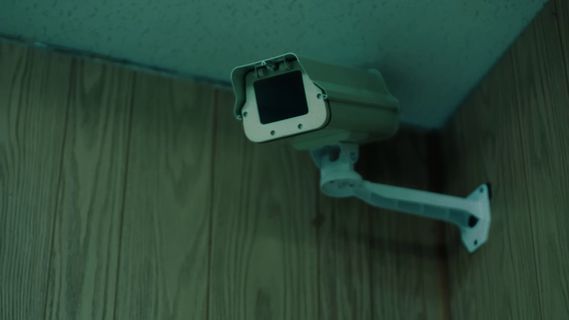
How to record security camera stream on the cloud
1-) FTP-Based Cloud Recording
In this method, the security camera uploads individual frames or video clips to the cloud via FTP at predefined intervals. This approach is cost-effective and simple to set up, making it ideal for users who need basic recording without real-time streaming. However, it may have higher latency and lower frame rates compared to real-time solutions. You can set IP Camera Master FTP endpoints through your cameras firmware panel and start immediately live watch/record frames from ip camera master dashboard.
2-) Server-Side Cloud Recording (RTSP/RTMP Cloud Recording)
With this method, the camera streams video continuously using RTSP, RTMP, or ONVIF protocols, and the server handles recording in real time. This approach ensures ultra low-latency, high-quality recordings and allows for continuous recording of entire stream, and instant playback. It is the preferred option for users who need smooth, high-frame-rate video storage.
To capture and record an IP camera stream, you need a specialized system like IP Camera Master. System receives the stream, processes it, and converts it into a cloud-compatible format. This makes it easy to store thus allows you to access your footage directly from your dashboard, ensuring seamless viewing and management of your recordings.
To learn how to cloud record your security camera stream with IP Camera Master, check this page.
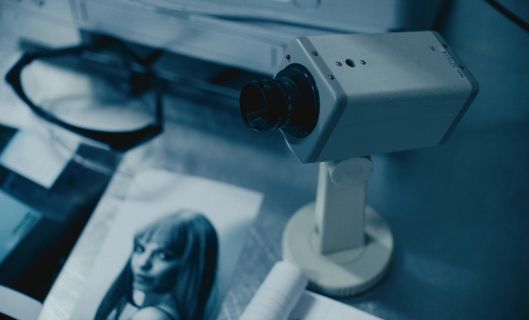
When Cloud Recording Makes Sense
Cloud recording is ideal for scenarios where:
1-) Remote monitoring is essential.
2-) Data security and redundancy are critical.
3-) Scalability is needed for growing surveillance requirements.
A Hybrid Approach: The Best of Both Worlds
For some, combining cloud storage with local backups is the perfect solution. This hybrid approach allows you to store recent footage locally for quick access while ensuring critical recordings are securely backed up in the cloud.
Similar Posts
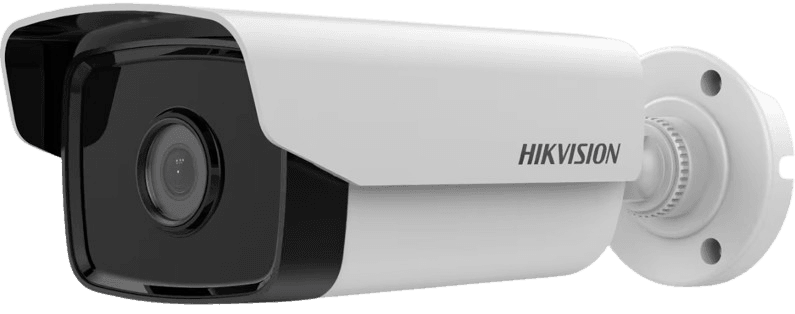
How to Configure Hikvision Security Camera FTP for Cloud Recording
2025-02-04Learn how to configure the FTP settings of a Hikvision IP camera to upload frames for cloud recording and live viewing.
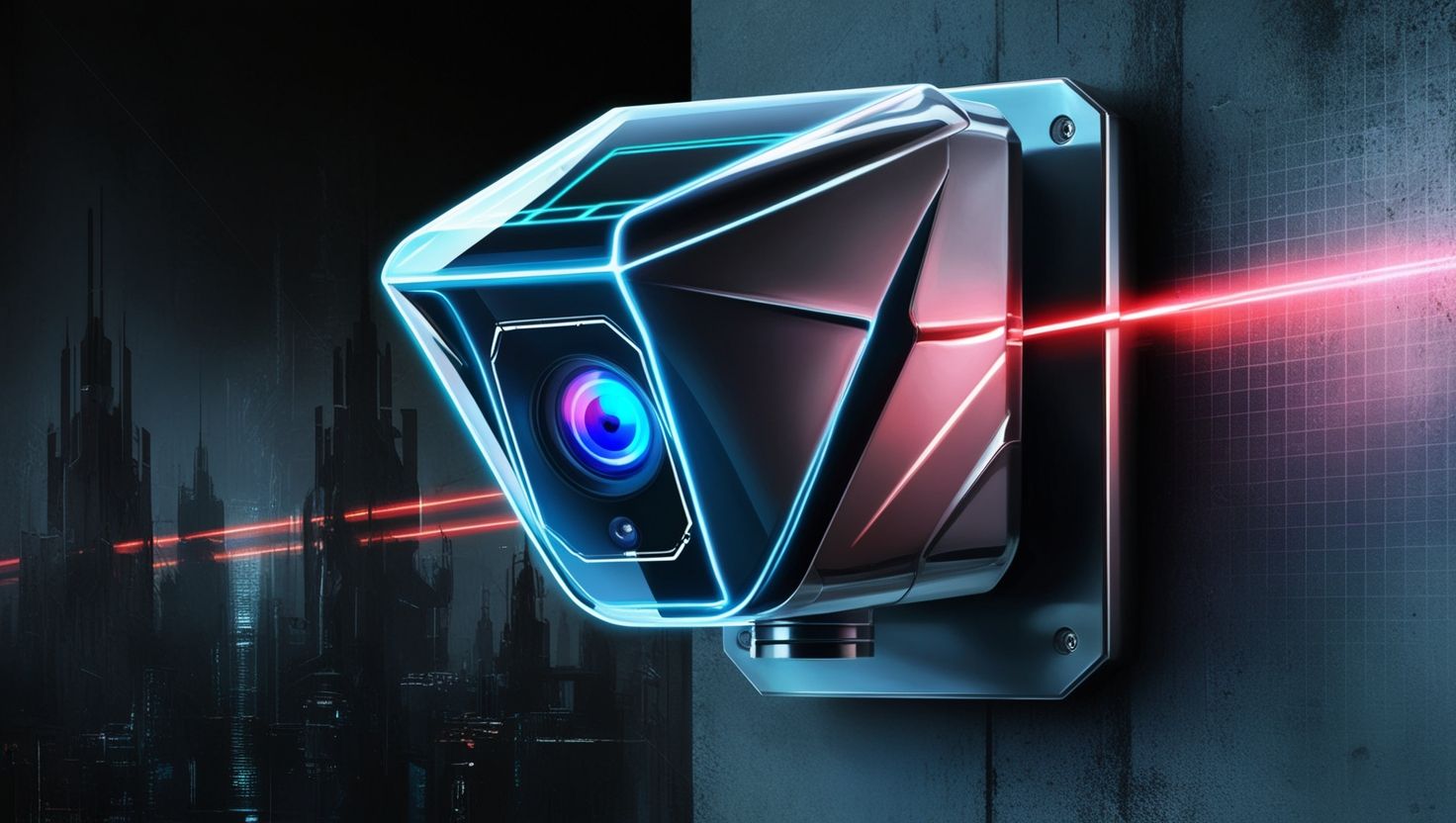
Add Live Security Camera Streams to Your Website with Ease
2024-11-15Effortlessly add live security camera feeds to your website and allow your visitors to watch with ultra-low latency. Learn how to integrate RTSP and RTMP streams into your website!
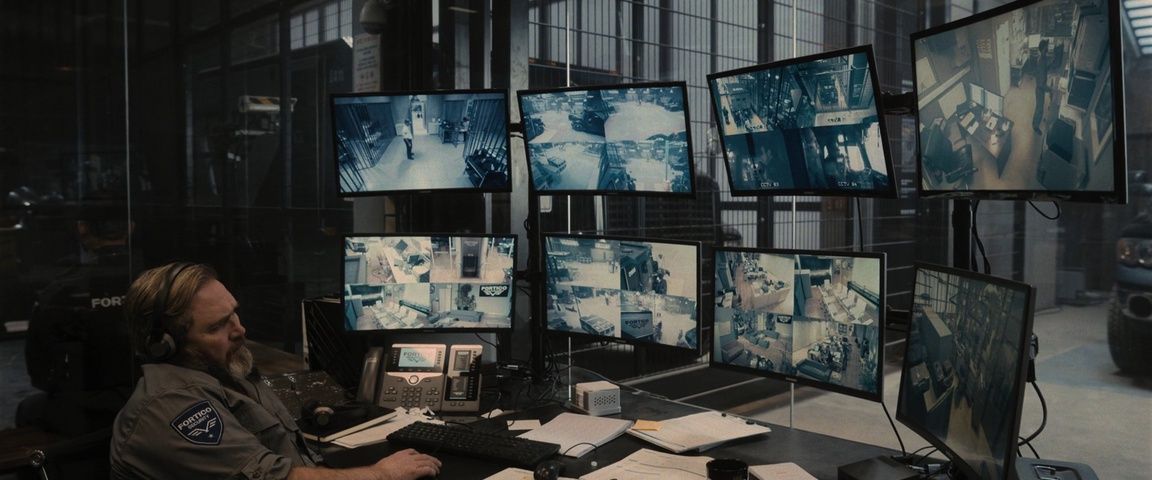
NVR vs. DVR vs. Cloud Surveillance: Which is Best for Your Security System?
NVR, DVR, or Cloud Surveillance? Discover the pros, cons, and best use cases for each system to find the perfect fit for your security needs.

